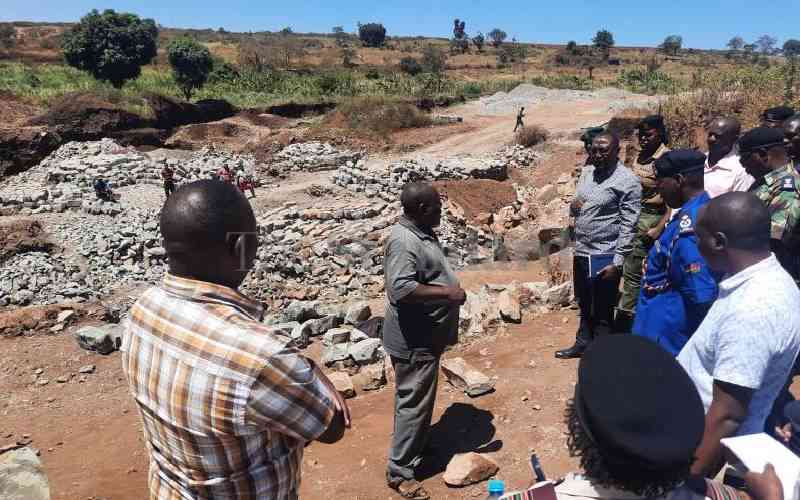
Kenya's mining sector is undergoing reforms. The government is taking steps to address the widespread issue of illegal mining, prioritise safety, and ensure compliance with regulations. This shift towards responsible mining practices is a positive step for the country, but challenges remain.
It's important to acknowledge that the current situation is partly a consequence of past decisions. The 2019 moratorium on mining licences, while intended to improve regulation of the sector, might have inadvertently created opportunities for illegal operations.